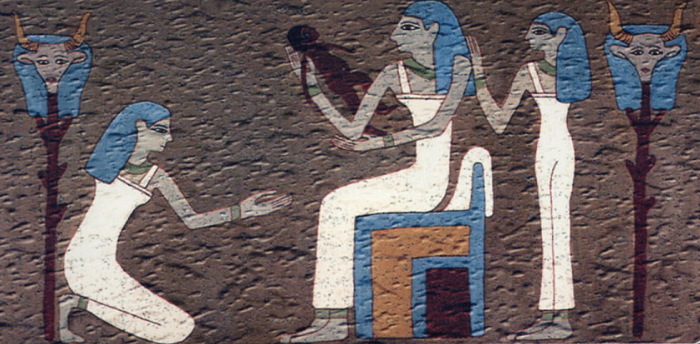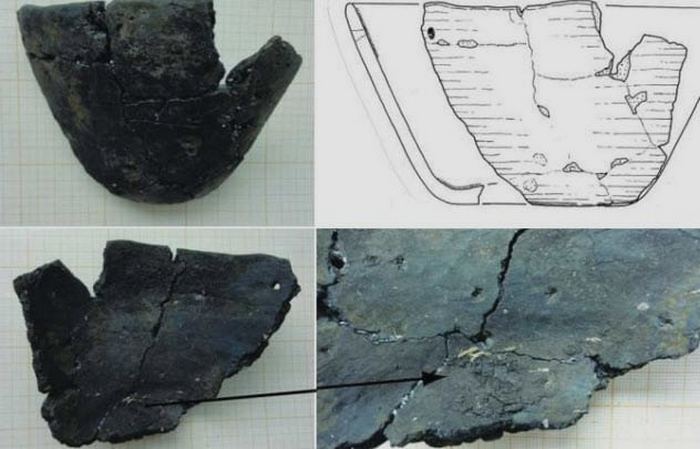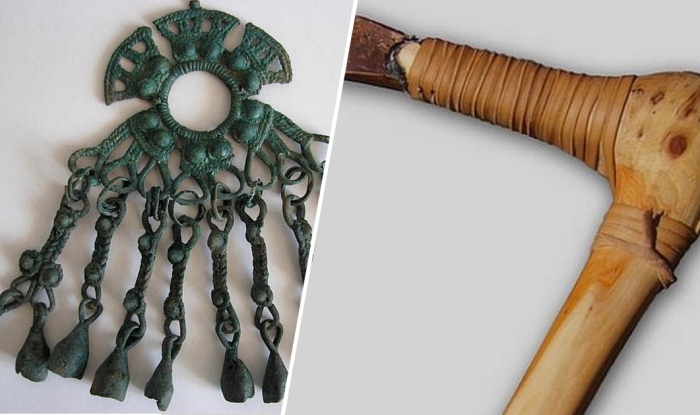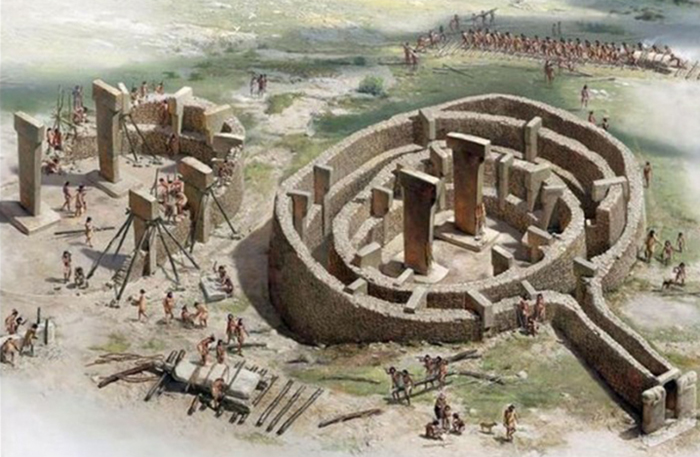rights to men
4 intriguing scientific versions of how the ancient Egyptians looked
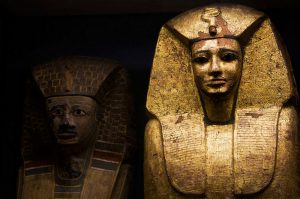 In 2014, Ridley Scott removed his biblical epic “Exodus: Kings and Gods” and accidentally unleashed a rather unexpected conflict. In the film, the ancient Egyptian characters are played by white actors, and this angered those who believe that the Egyptians were dark-skinned. But what did the ancient Egyptians actually look like? Most Egyptologists insist there is no reason to believe that the modern concept of race can be applied to the Egyptians. Nevertheless, there are some historical “clues” about what the Egyptians could look like, although we will immediately make a reservation that these are just versions.
In 2014, Ridley Scott removed his biblical epic “Exodus: Kings and Gods” and accidentally unleashed a rather unexpected conflict. In the film, the ancient Egyptian characters are played by white actors, and this angered those who believe that the Egyptians were dark-skinned. But what did the ancient Egyptians actually look like? Most Egyptologists insist there is no reason to believe that the modern concept of race can be applied to the Egyptians. Nevertheless, there are some historical “clues” about what the Egyptians could look like, although we will immediately make a reservation that these are just versions.
1. Herodotus
The Greek historian Herodotus, who wrote a lot about Egypt around 450 BC, was one of the first to indirectly shed light on the appearance of the ancient Egyptians. Continue reading
Plumbing, civil rights and technology: What the world lost when the Greeks conquered Troy, and the arias – the Dravidians
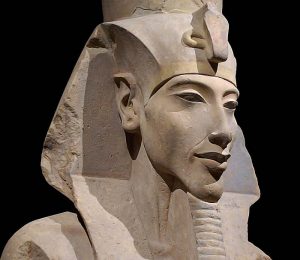 The legends of dark times in Europe and Asia are full of enthusiasm for the lost civilizations, developed so high that the listeners of these legends could hardly believe. Much later, with scientific progress, Europeans began to relate to these traditions with increasing skepticism: it is clear that the world is developing from simple technologies to complex ones, where can complex technologies come from simple ones? With the development of archeology, mankind again had to believe in lost civilizations. At least, in comparison with the narrators of the legends, they were very realistic. No Atlantis and aliens – the creations of the human mind and hands.
The legends of dark times in Europe and Asia are full of enthusiasm for the lost civilizations, developed so high that the listeners of these legends could hardly believe. Much later, with scientific progress, Europeans began to relate to these traditions with increasing skepticism: it is clear that the world is developing from simple technologies to complex ones, where can complex technologies come from simple ones? With the development of archeology, mankind again had to believe in lost civilizations. At least, in comparison with the narrators of the legends, they were very realistic. No Atlantis and aliens – the creations of the human mind and hands.
During the end of the Bronze Age, something happened that could be called the Apocalypse – at least for several developed cultures at once. Natural disasters and economic crises began to shake them, and the final blow struck the raids of much less developed nations. For a long four centuries, barbarism reigned in the lands where before that people used baths, studied science, composed poems and traded with cities on the other side of the seas. Continue reading
